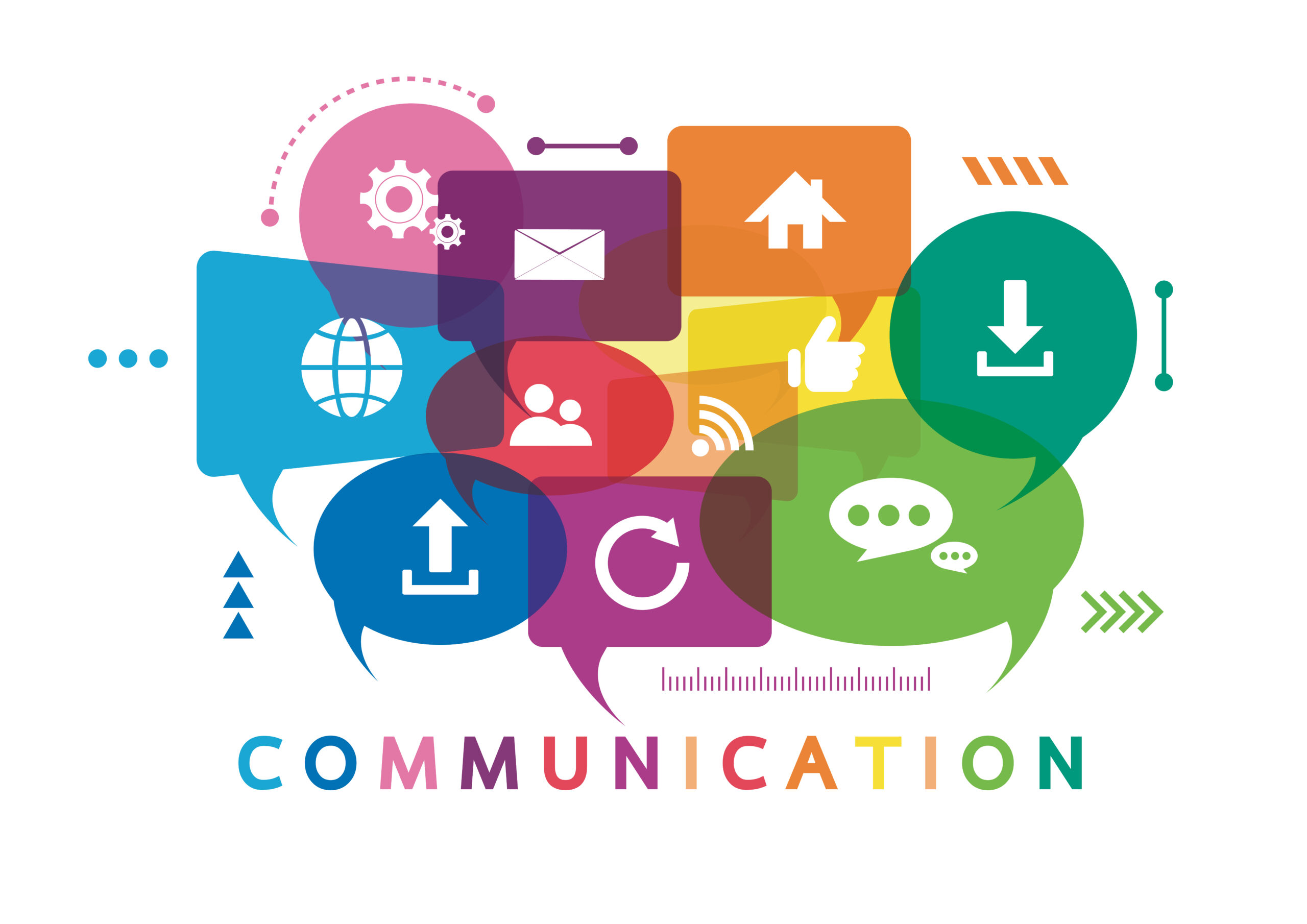
Effective Communication Skills
It might appear obvious as we all communicate with each other on a regular basis all through the day. A high percentage of this communication is verbal, the spoken word. Developing good and effective communication skills is important not just in professional life but also in our private lives as well. For leaders, developing good communication skills has now become a top priority to ensure the message is fully understood. Research has proved that leaders who communicate efficiently and effectively has witnessed staff turnover decrease by 50% while other businesses feel that their employees are missing 74% of what is really happening in the business through bad communication from above.
Looking at the sports industry, communication is paramount between coaches and the athlete for example. Some coaches cannot understand why the athlete has not done what he wanted them to do! Some of the best communicators, people like Sir Clive Woodward, Sir Alex Ferguson have spent many years refining their communication skills. Good communication will avoid conflict, build closer working or private relationships. It goes a long way to establishing a good decision-making process.
By developing our communication skills will no doubt see far improved employee engagement and commitment, teamwork and interdepartmental relationships improve. In my mind, communication has now become the most important “Soft Skill” in any walk of life. In this article we will highlight 5 of the most important skills to improve communication:
Listening
This is not just about hearing and understanding the spoken or written word. Try putting yourself in the shoes of the person communicating, what are their feelings behind the message. Good leaders will create a “safe” environment where people can express ideas, opinions, plan and feel that they are part of the decision-making process. Effective listening skill is a skill. The best leaders during workshops or team meetings will allow all participants to express their thoughts and plans. Listen carefully to the words that get used, the predicates used, examples, “Sounds good to me”, “my view is this..”, “I’ve got a warm feeling on this..”, “In the cold light of day”. This says a lot about the person’s preferred representational system of their world around them.
Building rapport
Once we have built a close rapport with someone, it leads to openness, trust. We will look at rapport building in a separate article, but this is relating to the whole area of body language and the non-verbal communication.
Straight Talking
This sometimes comes across as being abrupt but when effectively done the listener much prefers it. Think of a situation where the communicator does not get to the point. Look around the audience getting frustrated and start switching off.
Non-verbal communication
Always good to remember that as human beings, 55% of our communication is non-verbal, 38% is our tone of voice and only 7% are words. Body positions, facial expressions, appearance, posture are all areas that communicate a message and feelings, even how we breath. Body language is probably the most important area of good communications.
Emotional control
Handling emotional situations are stressful and it is vital that a good communicator learns how to control emotions, things like excitement, disappointment, anger, disengagement. There are techniques that many coaches and athletes utilise to control emotions. One is called the “Optimal Arousal” or the “inverted U”. A measurement of performance against emotions. This is a separate technique on handling stress and anxiety but once understood really helps the leader to understand how to communicate effectively in an emotional environment.
How Can You Develop Your Communication Skills?

Exercise One – At home, with friends or work/college or watching an interview on TV. Listen to words used during a conversation, are the words related to sight, hearing or feelings? Can figure out their preferred internal representational system, are they visual, audible, kinaesthetic.
Exercise Two – Attempt to build a rapport with someone you do not know well. Look at their body language, listen to their preferred words or expressions. Then try to mirror them with the body language and words (be careful not to make it obvious though!)
Exercise Three – Listen or watch an interview on TV or a friend, teacher, family member does not get to the point of the conversation. Without saying anything, look around at others trying to understand the conversation. Observe the body language and facial expressions.
Exercise Four
Observe your sports coach when things are not going well, observe their body language and what it communicates to the guys on the bench. Create a list of good body language from good presenters versus poor body language from bad presenters.
Employability Skills – Unlock Your Potential
Developing Effective Listening Skills
Goal Setting
Mental Rehearsal
Developing Your Presentation Skills
Developing Your Negotiation Skills
The Importance of Teamwork
Modelling Excellence
Written by Bob Humphreys, Master NLP Practitioner, ABNLP Certified
Bob has worked with professional sports people in the UK and Europe. He is a huge believer that the sports industry practices are similar to those in business. Both are competitive, require tactics, motivation, belief, teamwork, concentration, planning and excellent leadership skills to get the best out of a team.
Bob has now combined his experience in NLP and coaching to offer “soft skills” coaching to groups or individuals. He firmly believes that with the advancements of technology today, we are seeing signs of losing the human aspects with communication, social skills and human interaction. A truly passionate practitioner who likes nothing more than seeing a smile appear on faces.
Think 2 Win – www.think2win.net


